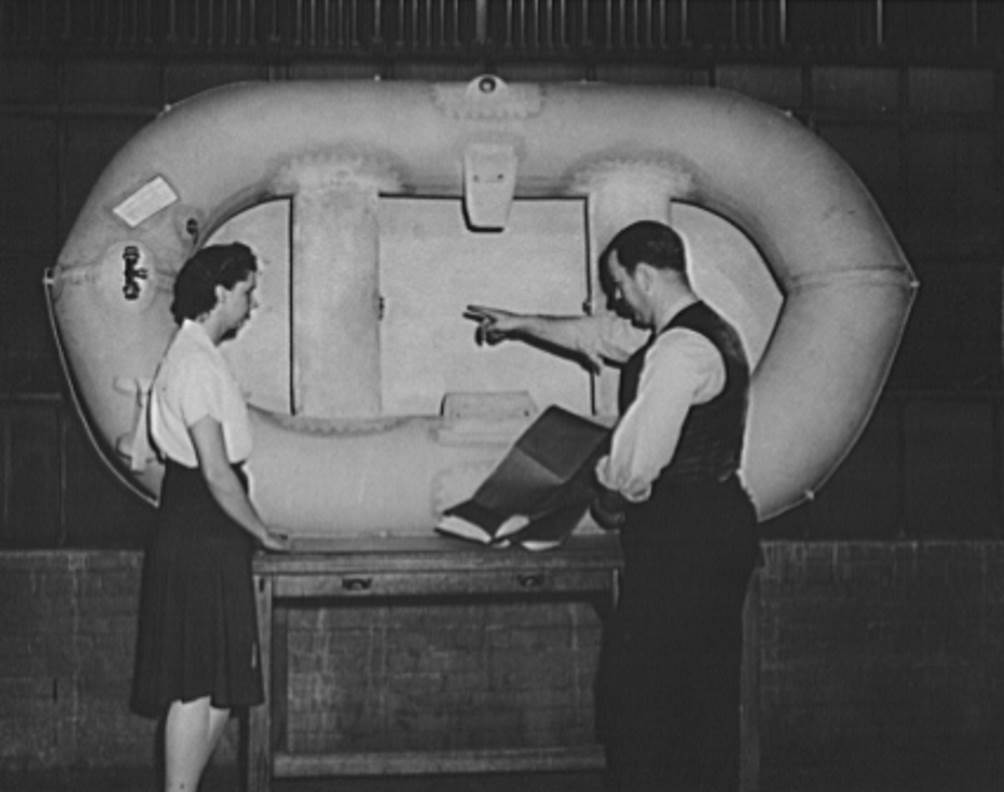 Monday, January 4, 2016
Monday, January 4, 2016 death of a president
 History teaches us many things. Not least how we have responded in times of crisis.
History teaches us many things. Not least how we have responded in times of crisis.
"The Lincoln continues to slow down. Its interior is a place of horror. The last bullet has torn through John Kennedy's cerebellum, the lower part of his brain.
"...at first there is no blood. And then, in the very next instant there is nothing but blood...Gobs of blood as thick as a man's hand are soaking the floor of the back seat..."
I recently read The Death of a President, William Manchester's brilliant unflinching account of the events leading up to and the aftermath of the assassination of John F Kennedy in November 1963.
You can see the Wikipedia entry about the book here.
Everything is in here, from the paintings on the wall of the hotel room where Kennedy spent his last night alive to the layout of the emergency room the president lay in at Parkland Memorial Hospital as doctors tried vainly to save his life.




















